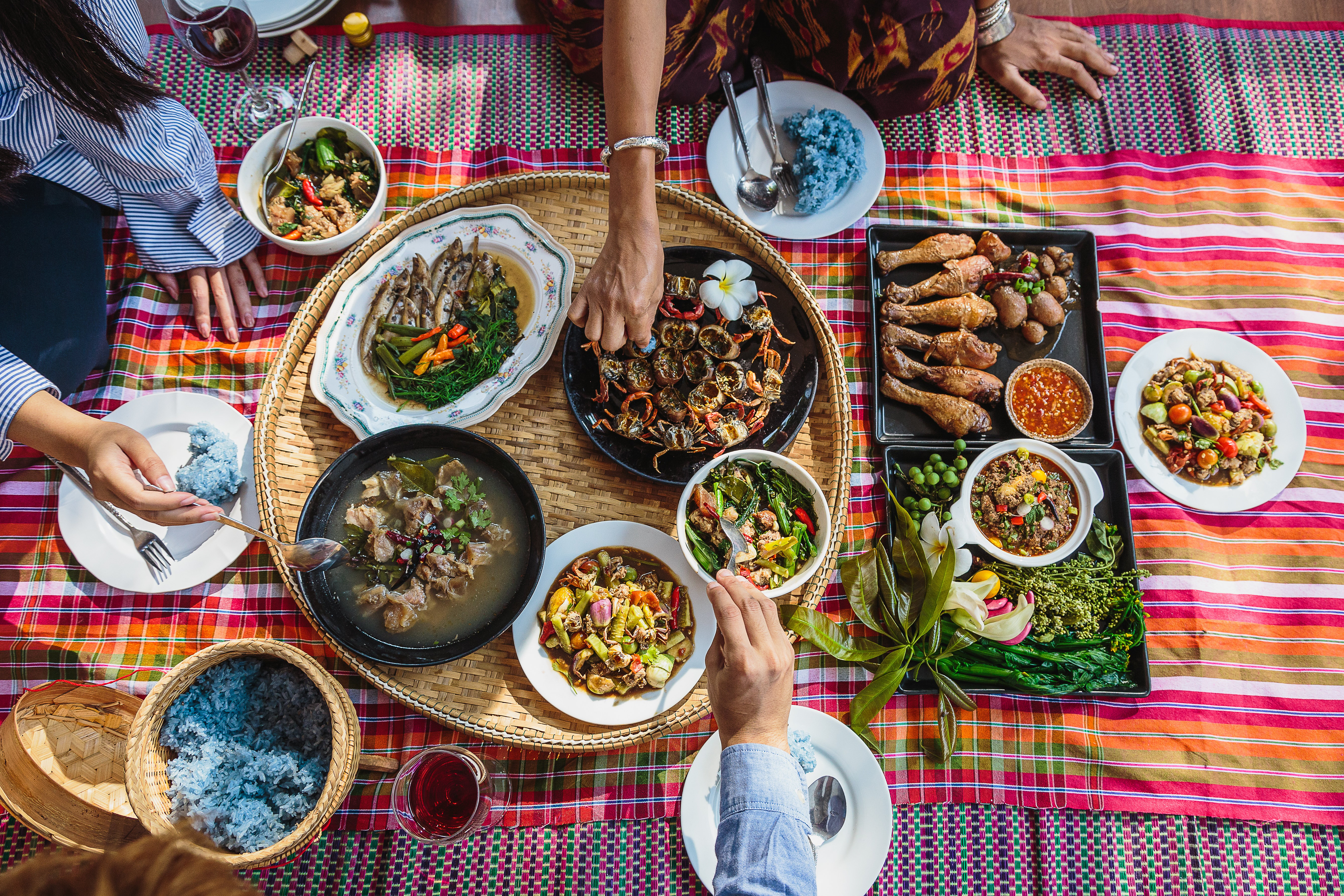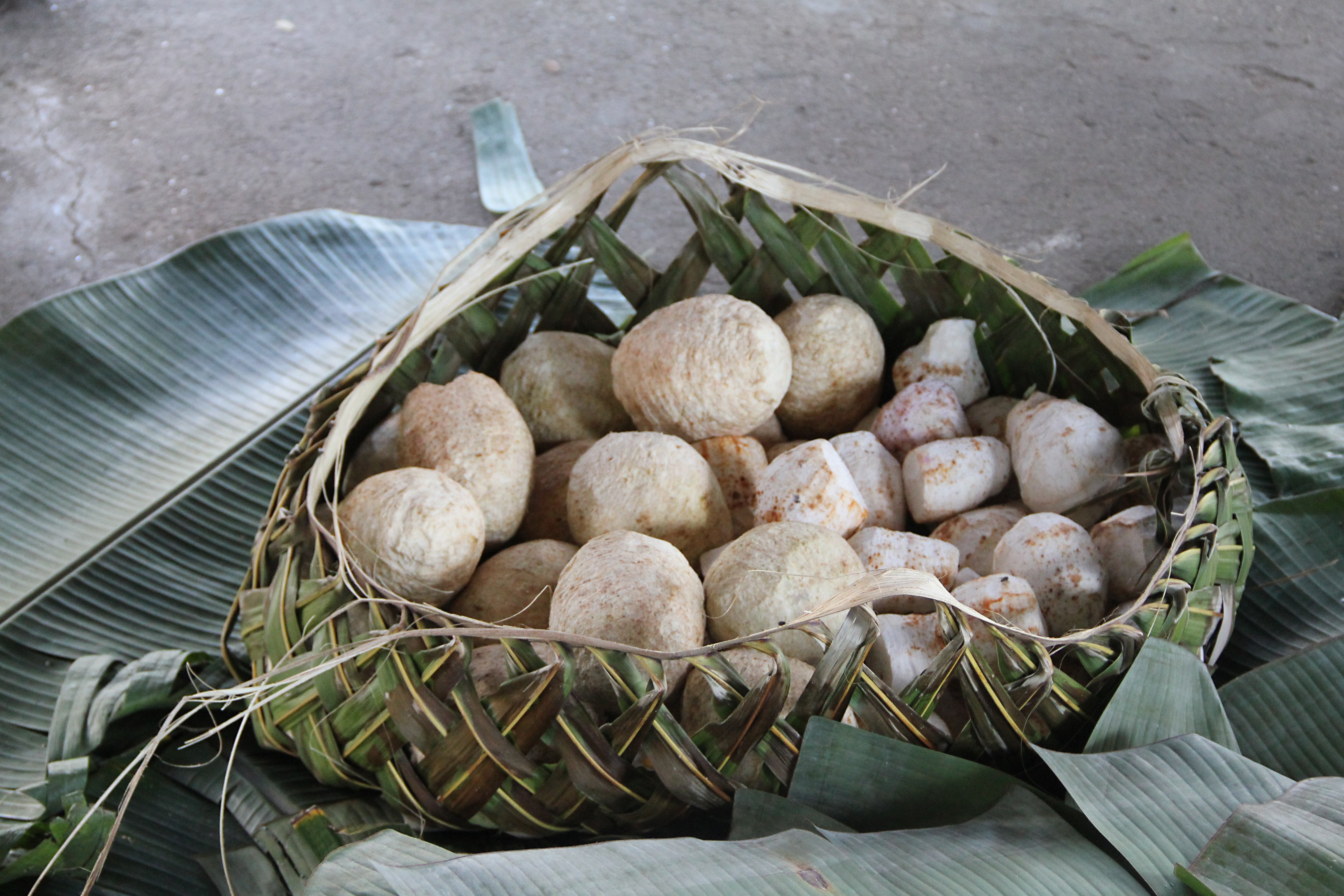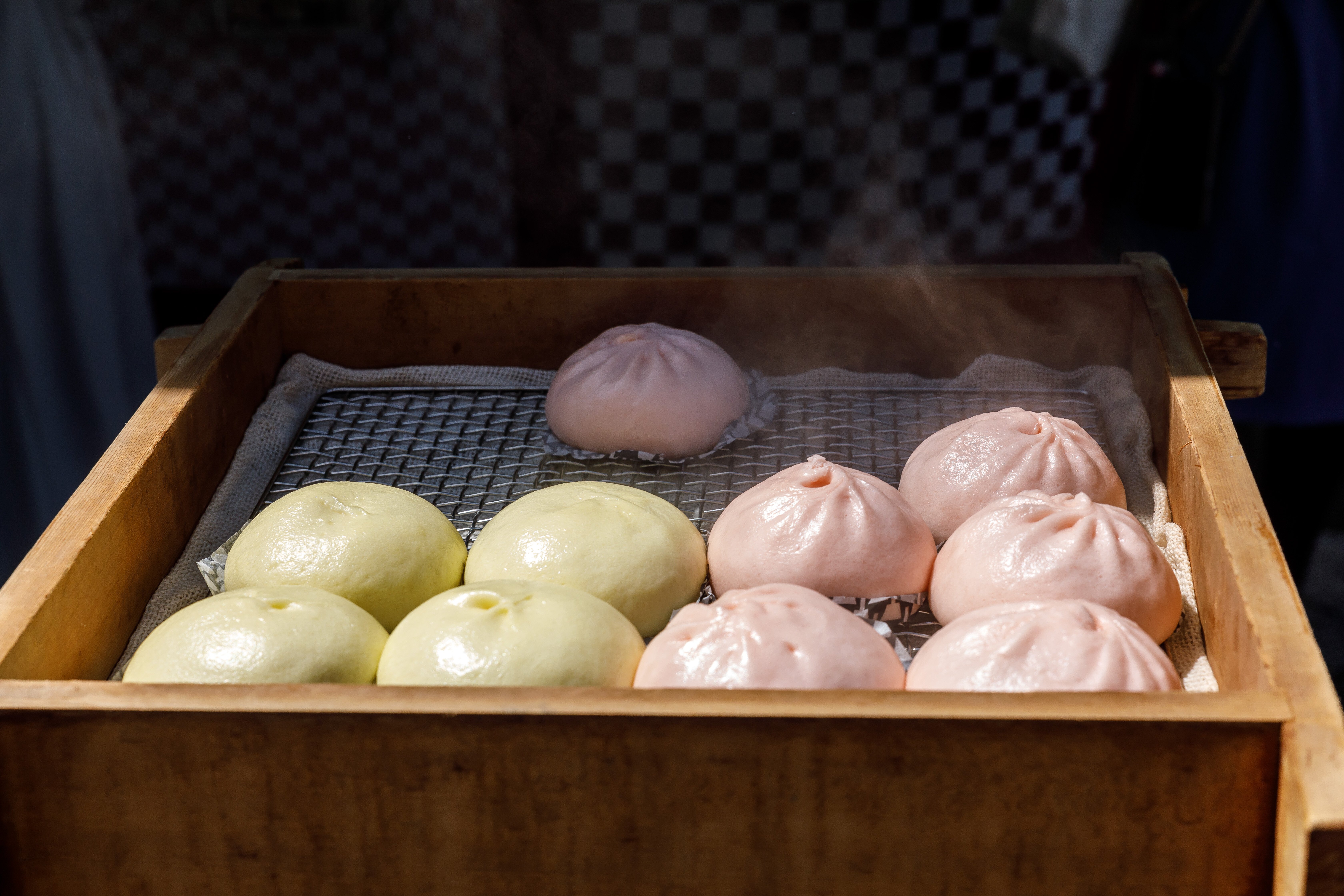
How food plays an important role in death practices across cultures
Metropolitan Memorial Parks
27 March 2025
Death is a universal human experience, but the way we honour and celebrate the lives of the deceased varies greatly across cultures. One common thread that runs through many of these cultural practices is the use of food. The act of preparing and sharing food during times of loss is a way for communities to come together and support the bereaved. These food practices often reflect deeply held beliefs about the relationship between the living and the dead, and the role of food in sustaining both physical and spiritual life.

Samoan culture: Food as a symbol of unity
In Samoan culture, food plays a central role in funeral traditions. The concept of "si'i" involves a gift-giving ceremony where community members bring food and other offerings to the bereaved family. This act of communal support is deeply rooted in the Samoan way of life known as "Fa'a Samoa".
During the multi-day funeral events a whole pig is often prepared in an earthen oven, accompanied by taro root, rice, and fruits. This elaborate feast not only nourishes the mourners but also symbolises the community's unity in grief; strong familial bonds demonstrate the Samoan belief that loved ones remain spiritually present even after death.

Greek traditions: Food as a means of assisting the dead
In rural Greek traditions, mourners consume food to assist the dead. A dish called koliva, made of boiled wheat and sugar is often served at memorials honouring the cycle of death and rebirth. Sweet red wine (koliva), bread and sweets are distributed after burial and at later memorial services, with each person reciting "May God forgive her/him" upon receiving the offering. On the 40th day after death a special pudding called panhidha is prepared and shared in the church.

Chinese culture: Offering food to the deceased
Chinese culture emphasises offering food to the deceased as part of funeral rites believing it provides sustenance for the departed in the afterlife. This practice signifies the importance of ancestral worship and filial piety in Chinese traditions. During Qing Ming, or Tomb Sweeping Day, families visit ancestral graves and offer food, drinks, and burn paper representations of material goods.
In some regions, pink and yellow steamed buns are served at Malaysian-Chinese funerals which represent the connection between the living and the dead.
Cultural traditions around the world
Jewish mourning practices
Jewish mourning traditions include a meal of consolation after the funeral, often featuring symbolic foods like eggs and lentils to represent the cycle of life. During shiva, a seven-day mourning period, friends and family bring food to the bereaved to show support and solidarity. Some communities also observe dietary restrictions, avoiding meat during the initial mourning period.
Yanomami traditions
Among the Yanomami people of South America, the deceased's ashes are incorporated into a soup made with fermented bananas, consumed by the entire tribe to keep the person's spirit alive and help them pass peacefully into the spirit realm.
African funeral traditions
In cultures, such as Ghana, funerals often feature large communal feasts where mourners come together to eat, drink, and celebrate the deceased's life. In South Africa, specific foods mark different stages of the funeral, including pre-funeral scones and tea, mogoga (funeral meals), and post-funeral offerings of meat and sorghum beer to the deceased.
In South Africa specific foods are associated with different stages of the funeral including pre-funeral scones and tea, mogoga (funeral meals) for everyone, and post-funeral offerings of meat and sorghum beer to the deceased.
The universal role of food in mourning and remembrance
Across diverse cultures, food serves multiple roles in death rituals:
- Honouring the deceased through offerings and symbolic meals.
- Providing comfort to the bereaved by fostering community support.
- Maintaining cultural and spiritual connections, ensuring traditions endure across generations.
These varied traditions highlight the universal power of food in navigating loss, celebrating life, and preserving cultural heritage. Whether through elaborate feasts, symbolic offerings, or shared meals, food remains a profound expression of love, remembrance, and continuity in times of grief.







-1.jpg?width=1600&name=Banner%20(7)-1.jpg)







.jpg?width=1600&name=RGC%20Gallery%20(3).jpg)




.jpg?width=2000&name=Copy%20of%20MMP%20Website%20Header%20Image%20Template%20(1).jpg)
.jpg?width=1600&name=WMP%20Wonderfully%20Made%20Memorial%20(1).jpg)

.jpg?width=2000&name=Copy%20of%20MMP%20Website%20Header%20Image%20Template%20(2).jpg)

.jpg?width=800&name=Untitled%20design%20(56).jpg)












